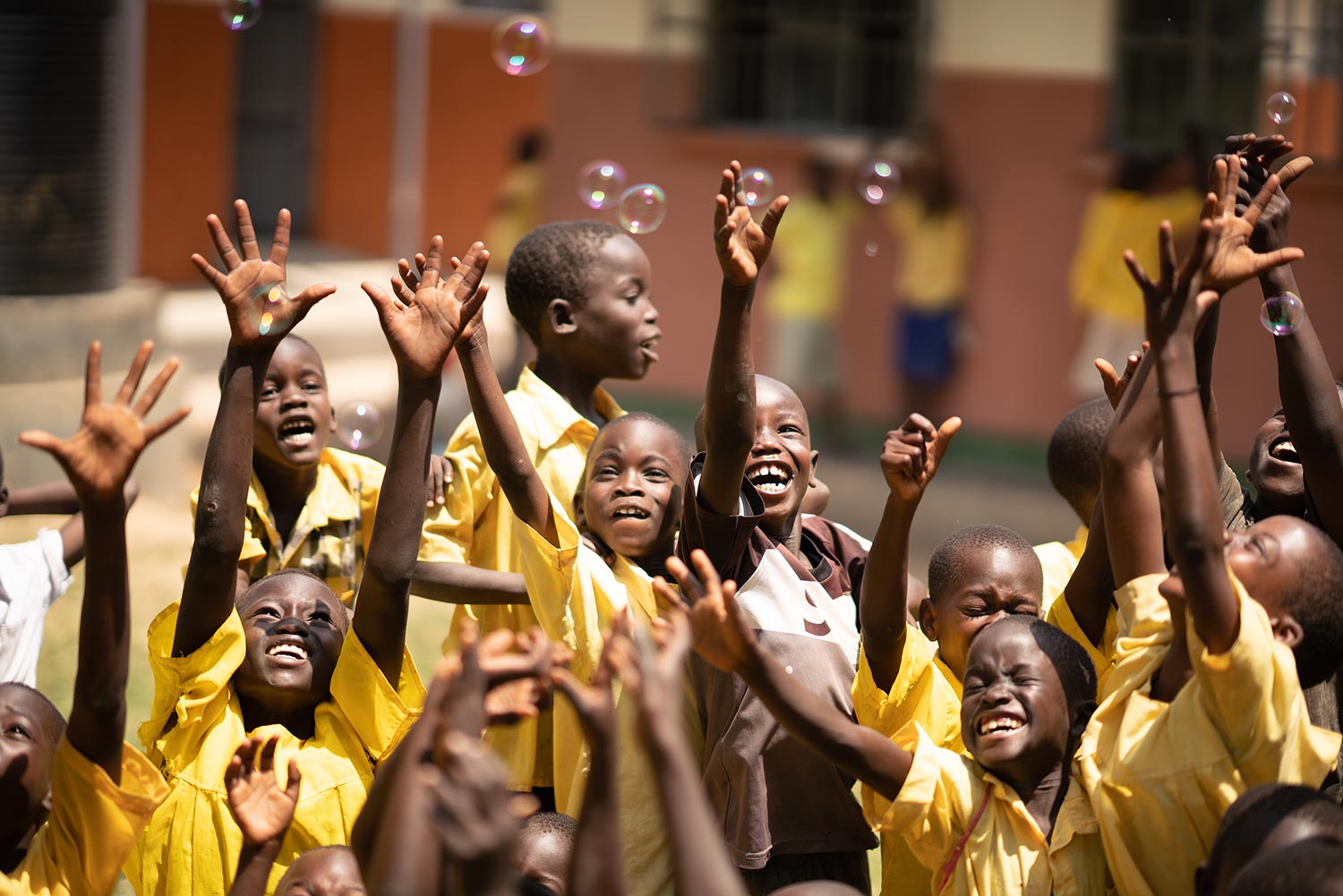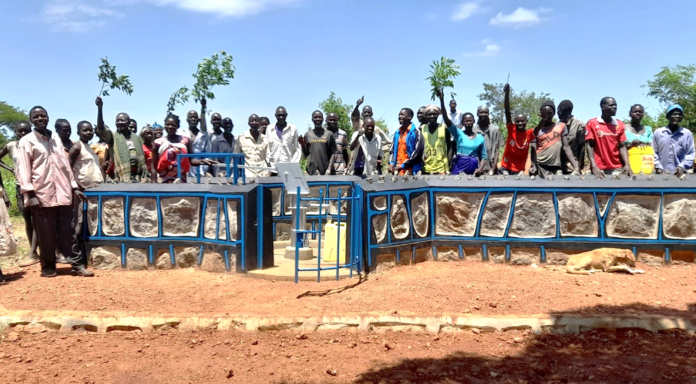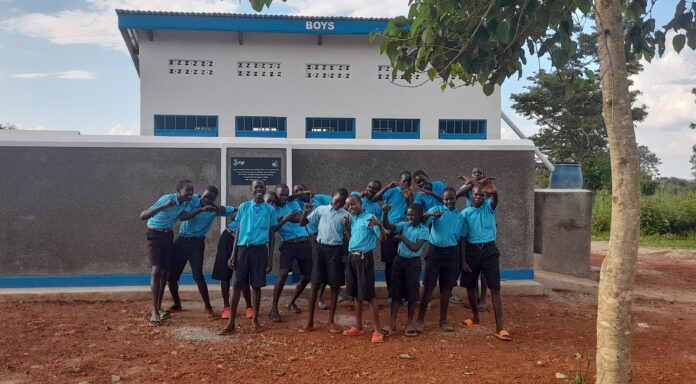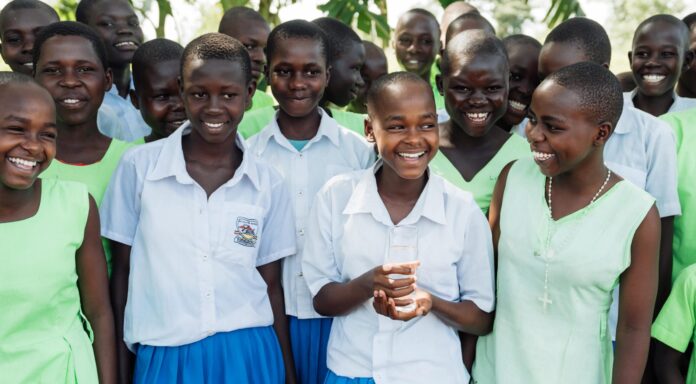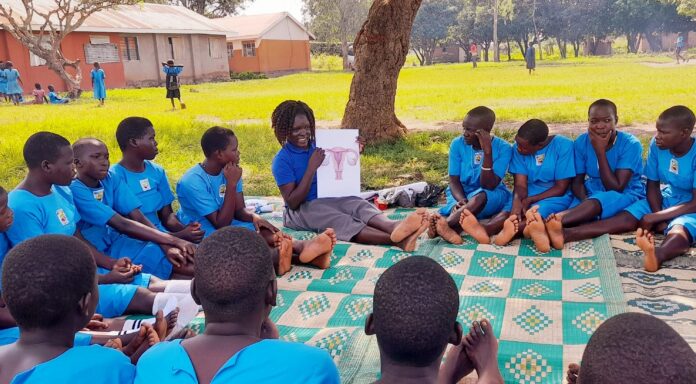If you search for Bukompe Refugee Camp on Google, the results you get will be limited. There are no official news reports about what is happening there, nor are there any government reports about the people that live there. Instead, all of the information available is written by organizations who are trying to improve the access this community has to clean water.
Situated in Uganda, Bukompe Refugee Camp is now the home of 4,000 people from Rwanda and the Democratic Republic of the Congo who have fled genocide and ethnic conflicts in their home countries and have been resettled by the government. They live in 600 houses with thatched roofs, and there are only 10 latrines throughout the camp. The only available water comes from small ponds and dams that are either contaminated or are shared with the cattle, goats, and sheep they raise. During the dry season, water is even more difficult to find as the ponds they rely on dry up and disappear.
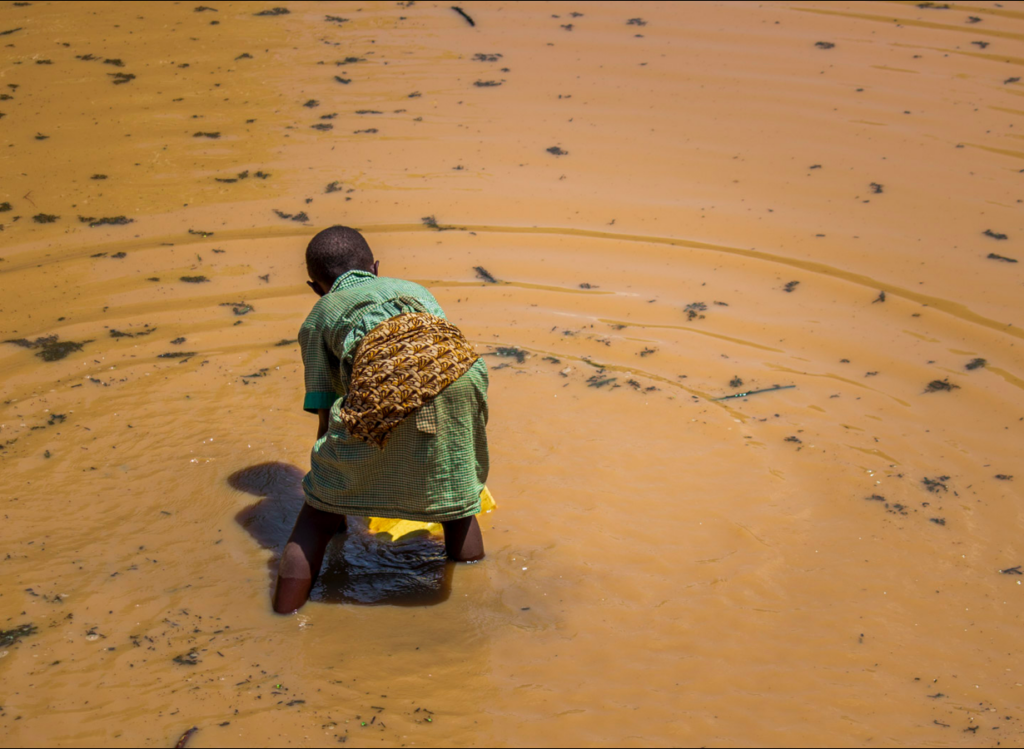
With the only available water being contaminated, water borne diseases are a major threat to the people that live here, especially the children. There are ongoing outbreaks of typhoid, malaria, diarrhea, and worms. Even though they know the water is making them sick, they have no other options.
For many, drinking contaminated water is better than not having any water. Eighty-three percent of the refugee population reports that they do not have enough water to drink when they are thirsty. There is a range of factors that contribute to this, including restricted water usage, not having enough time, distance from water sources, and not having enough fuel to boil the water.
Time is the largest factor contributing to lack of water. During the wet season, when the ponds, surface puddles, and dams are filled with water, many women and children, as young as four years old, are still required to walk four to seven kilometers a day. During the dry season, when the only source of water is the river of the neighboring community, they are required to walk up to 15 kilometers. This not only takes up to 4 hours out of their day, but also exposes them to the potential of physical and sexual abuse. For children who are required to spend so much time collecting water for their family’s survival, school is impossible to attend.
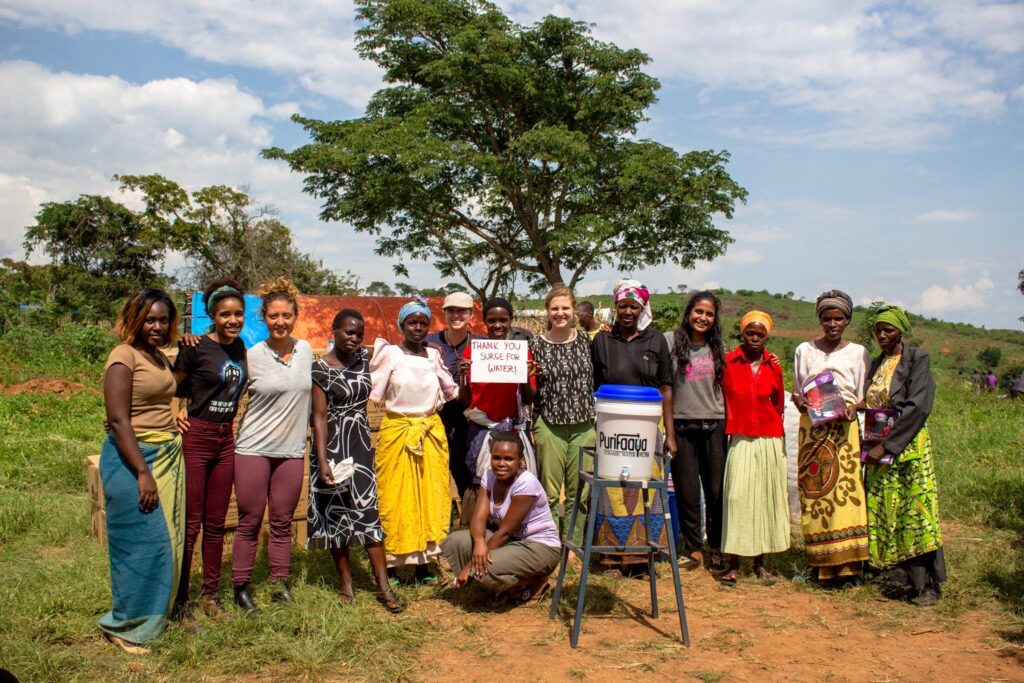
Surge for Water has partnered with Sundara and Spouts of Water to distribute household-sized ceramic water filters, to help the people of Bukompe Refugee Camp gain access to clean, safe water. We have put $4,000 towards the purchase of Spouts of Water’s Purifaaya filter, which has a capacity of 20L and a two-year lifespan. As 70% of refugees do not boil their water before drinking it, it is our hope that distributing 170 of these filters will decrease waterborne disease.
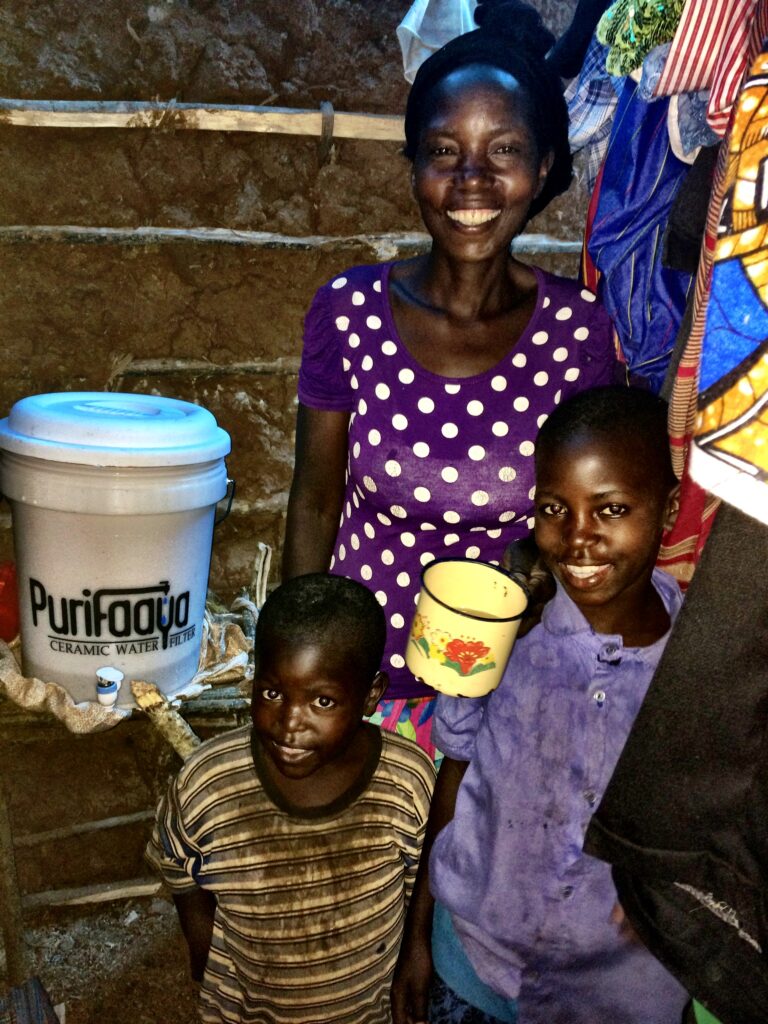
While filters are able to transform dirty water into safe water, this does not solve the problem of access to clean water. Sundara has joined forces with other local organizations to implement a three-phase process that will improve access to water.
For Phase 1, a 70-80 meter borehole will be dug and equipped with a hand pump so that refugees are able to pump water from nearby that is not shared with the livestock. For Phases 2 and 3, a pump will be installed that can pump water into one or two holding tanks, so that even during the dry season people will have access to clean water.
The residents of Bukompe Camp are expected to contribute to these projects, as well. As most of them are subsistence farmers, they have agreed to support any water project by providing the labor. Additionally, a water committee will be created to maintain the borehole, as well as become a point of resource for the people of the community if they have questions about the usage and maintenance of the filters.
The people of Bukompe Camp are very excited and motivated about creating a committee and taking part of a solution to their water problems. If you are interested in donating to this project, please do so here.
Written by Ashley Quinlan, Surge for Water Fellow
